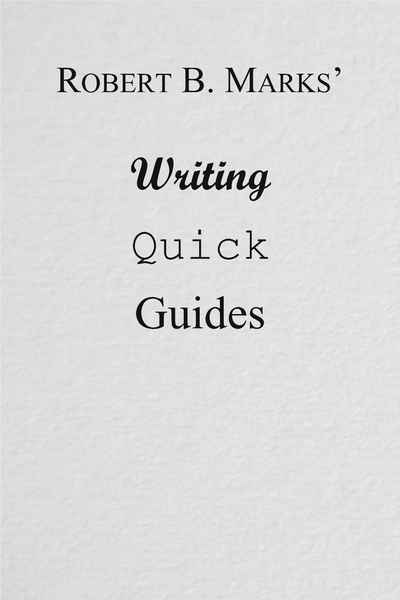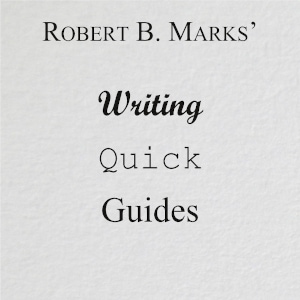Imagine for a moment that you're reading a story. For dozens of chapters, the protagonist and antagonist have played a massive proverbial game of chess against each other - every move the protagonist makes is met by a diabolically clever counter-move, pushing the protagonist to their limits. And then, as the action of the story looks like it is about to come to a head...the antagonist forgets to look both ways before crossing a street, is hit by a car, and dies.
Is it shocking? Absolutely - nothing in the narrative has prepared the reader for this. Is it realistic? Absolutely - people forget to look both ways before crossing streets and get hit by cars all the time. Is it satisfying? Hell no - in fact, it's so unsatisfying that the reader is probably going to be quite upset.
The problem with this scenario is that the character death in this scenario doesn't feel right because it doesn't feel earned - the author has not earned this character death scene. The antagonist may indeed deserve to die - in fact, the story might not feel like it has come to a proper ending unless they die - but this death is far too random and disconnected from the narrative to feel right.
So, how do you make something in a story feel earned?
The short answer is that you have to lay the foundation for it. Once a foundation has been created, what follows will feel right. Two characters engaging in their first passionate kiss is earned by scenes beforehand establishing them falling in love. A villain changing sides is earned by laying hints that the villain has a moral code and/or is experiencing doubts about their actions.
A character death, however, requires a bit more. I would suggest that there are two elements/conditions that must exist for a character death to be earned, both of which must be present:
-
The character's decisions must lead to their inevitable death in a certain type of situation.
-
The situation in question must lead to their inevitable death because of who they are and the decisions they will make.
Taking our previous example, let's crib a bit from John Wick and say that the antagonist is a crime boss while the protagonist is a former assassin. The proverbial chess game of the narrative has killed everybody that the protagonist has ever cared about. Once the protagonist confronts the antagonist at the climax of the story, the only possible result is that the protagonist will kill the antagonist - the only real question is whether the protagonist will survive the fight. Both of the conditions for the antagonist's death being earned are now true - their decisions have given the protagonist the resolve to find and kill them, and once they are in the same geographical location as the protagonist, there can be no other possible outcome.
It is sometimes tempting to add a moral dimension to this, but while this will impact the amount of emotional satisfaction the reader gets from seeing the character die, this does not factor into whether the death is earned. The character in question can be a complete scumball who molests every women he meets and murders the elderly whenever he thinks he can get away with it, but death by traffic accident will still feel unearned - the death, while possibly karmic, has nothing to do with the decisions he made during the narrative.
And these elements also work for non-villainous characters. For a heroic sacrifice to feel earned, both elements must still be present. A hero sacrificing their life to save somebody might satisfy the first element - it is a decision that character would make - but if the situation would not inevitably lead to their death after making this decision it will feel artificial or contrived.
(Going in the opposite direction, one could define "plot armour" as both conditions being true, but the character surviving when they shouldn't.)
A very good example of this in action is A Song of Ice and Fire, by George R.R. Martin (the books, not the television show). Throughout the series, every single character death feels earned - in every single case, the death happens because the decisions the character(s) in question made led them to a situation that could have no other result than their death. The deaths are often shocking (to the point of assumed protagonists dying far earlier than anybody would expect), but they always feel right and never feel unsatisfying - Martin never kills a character without laying the proper groundwork first.
And, to sum up, groundwork is the key. Lay the proper foundation first, and any character death you write will be earned and the readers will feel satisfied, no matter who that character may be.











Comments (0)
See all